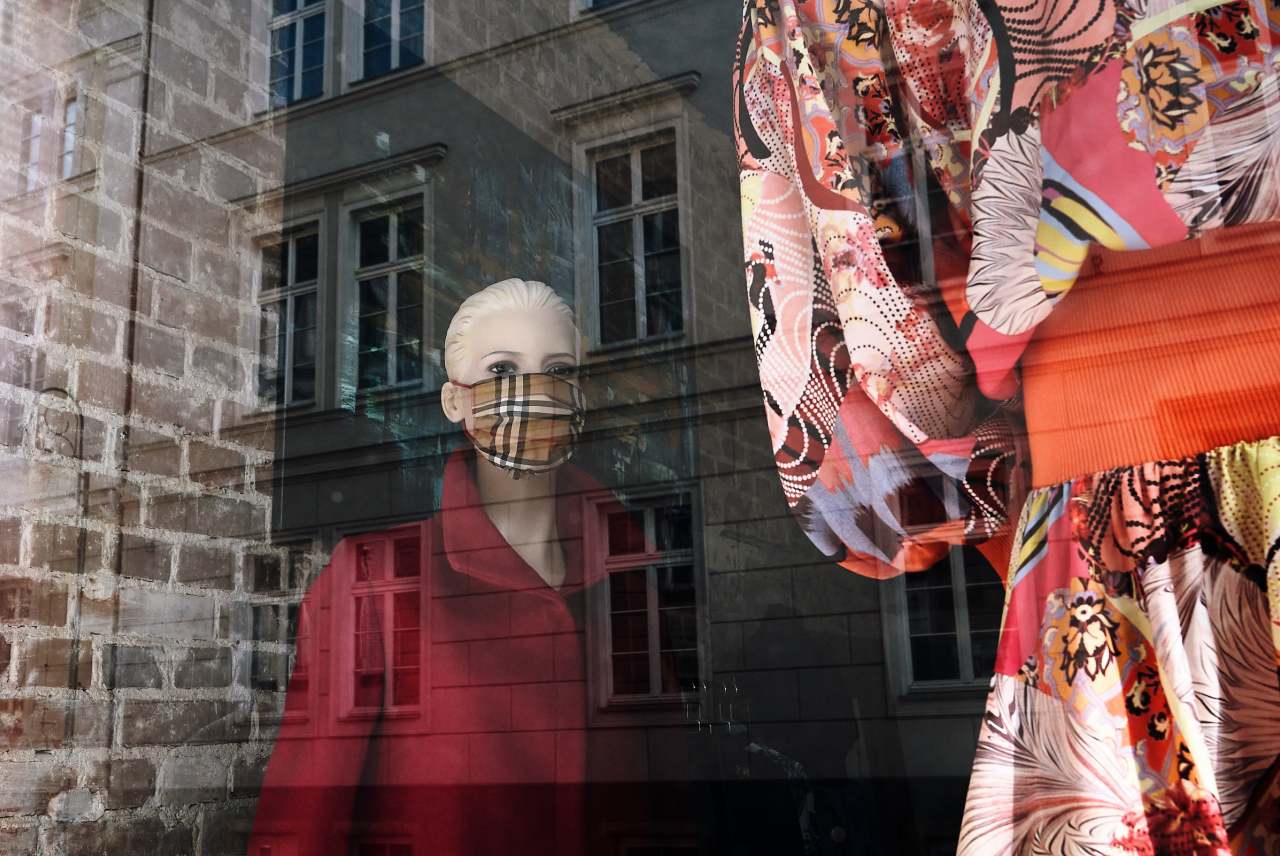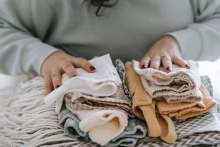Fashion brands seem to be far more concerned about minimising the hit on this year's profits than protecting the health and livelihoods of their workers, whether in the UK or their supply chains.
Garment workers in the supply chain at significant risk
Many fast fashion retailers have responded to the outbreak of Covid-19 by halting production and, as with anything that has been going too fast, this sudden stop has the potential to have catastrophic impacts. The fashion industry is one fuelled by low-pay, low-security work meaning that millions of garment workers in countries such as Bangladesh, Myanmar, Vietnam, Cambodia, India and China have lost, or are at risk of losing, their income and being pushed below a poverty line that its already difficult to stay above.
Safety has also been a major issue in the garment industry with thousands of lives lost to building collapses, fires and a lack of protective equipment. For factories which are not forced to close, Covid-19 represents yet another risk to garment workers, as measures such as social distancing, protective equipment and paid time off for those who should isolate might not be observed.
While stopping production is not necessarily bad in its self, many clothing companies are also delaying payments for clothing they have already received as well as refusing to pay for orders that were already in production. New Look sent a letter to suppliers stating: “In assessing what is in New Look’s best interests given current circumstances, New Look has concluded that, in this time of great uncertainty, it does not intend to pay you for any costs, including any costs for fabric and raw materials, in connection with any cancelled orders.”
Campaign groups are calling on clothing companies to step up and protect the jobs and health of the people who make their clothes. Primark, one of the first companies to cancel millions of pounds worth of orders, has now, in the face of mounting pressure, pledged to create a fund to support garment workers, although the details are still somewhat unclear.
H&M is also one of the few brands vowing to honour its payments stating: “We will, of course, pay for these goods and we will do it under agreed payment terms. In addition, we will not negotiate prices on already placed orders.”
UK workers fear for their safety in UK distribution warehouses as online retail rises
While highstreet fashion stores have been forced to close, online retail has been permitted to continue. A number of companies have faced accusations that working conditions at their UK distribution warehouses do not allow staff to follow the safety measures put in place by the UK Government.
ASOS and Matalan are both subject to campaigns run by the GMB Union after workers raised concerns about a lack of protective equipment, conditions that make it difficult to social distance (such as crowded transport to centres and narrow working spaces) and the provision of only the minimum level of sick pay (£95.85 a week).
Matalan has since offered staff the option to stay at home under the government furlough scheme. ASOS defended their position with CEO, Nick Beighton writing a personal response to a letter of concern written by MP Stephanie Peacock. He stated that having visited the Barnsley site himself he had been satisfied that adequate safety measures were in place, although he did confirm that only statutory sick pay was available. The GMB campaign calling on ASOS to ‘shut-up-shop’ remains open.
Working conditions at BooHoo and Pretty Little Thing warehouses have also come under scrutiny as staff have to deal with a spike in online orders exacerbated by 70%-off sales run by both retailers.
The Guardian reported: “Morale is said to be “rock bottom” at Pretty Little Thing’s fulfilment centre in Tinsley, Sheffield, where workers doing 12-hour shifts said they were processing orders for 400,000 items this week, up from 120,000 in a “normal” week. They also complain it is “practically impossible” for hundreds of staff on each shift to keep two metres apart and still meet their hourly targets of picking 80 items.” According to their websites, Next, River Island and TK Maxx have all closed their warehouses and suspended all trading for the time being.







